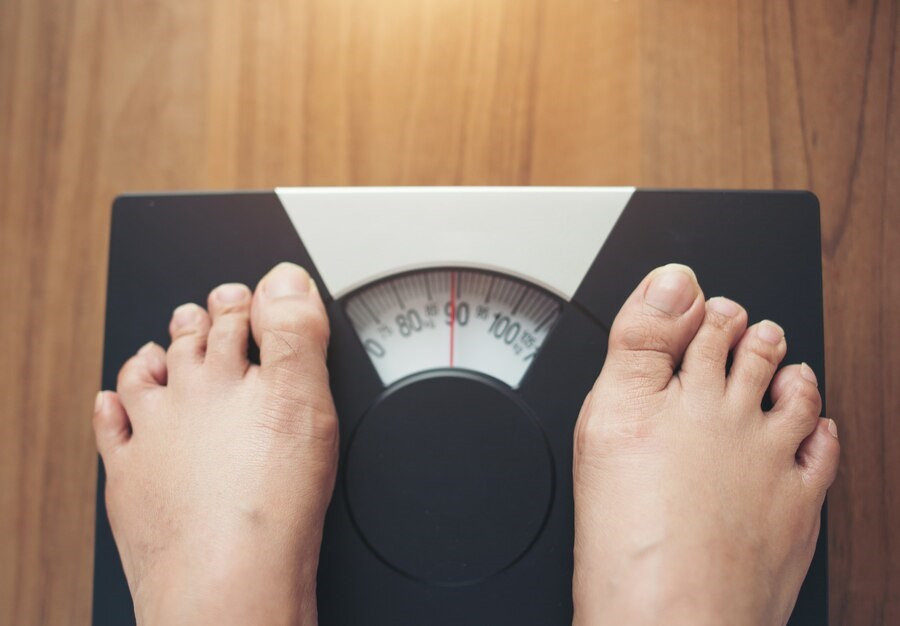Many believe that being slim automatically means being in good health. People also tend to think that a slim body is free from high cholesterol risks. But in reality, this isn’t always true. A slim figure doesn’t necessarily guarantee protection from high cholesterol.
Risk Factors for High Cholesterol
High cholesterol has often been linked with being overweight or obese. This is accurate—excess body fat, particularly around the abdomen, can raise levels of LDL cholesterol, also known as bad cholesterol.
However, many factors can contribute to elevated cholesterol levels, including:
Diet
Eating foods rich in saturated fats and trans fats, such as processed meats, fast foods, and fried items, can lead to higher LDL cholesterol levels. This doesn’t only affect individuals with excess weight—those with slim bodies can also experience it.
If individuals of normal or slender weight regularly consume saturated and trans fats, their levels of bad cholesterol may also rise.
Genetic factors
People with certain genetic conditions, such as familial hypercholesterolemia, may be more prone to developing high cholesterol, even if they maintain a slim body.
Physical inactivity
People who engage in little to no physical activity are at higher risk of increased bad cholesterol (LDL) and decreased good cholesterol (HDL), regardless of body size.
Smoking habits
Smoking can lower good cholesterol levels and damage blood vessel walls, increasing the risk of heart disease.
Age and gender
As people age, their risk of high cholesterol rises. Postmenopausal women are more likely to experience higher levels of LDL cholesterol.
Being Slim Doesn’t Always Mean Being Healthy!
A slim body doesn’t always indicate good health or an optimal cholesterol profile. It’s possible to be slim but still have high LDL cholesterol and low HDL cholesterol.
In some cases, people with normal or thin body weight may exhibit metabolic issues typically seen in those with obesity, such as high cholesterol, high blood pressure, and insulin resistance. This condition is known as Metabolically Obese Normal Weight (MONW).
In other words, having a slim body doesn’t necessarily mean your blood vessels are free from problems or that you’re not at risk for heart disease.
Managing Cholesterol for Slim Individuals
To keep cholesterol levels in check, it’s crucial for everyone—whether slim or overweight—to adopt a healthy lifestyle. Here are a few tips for maintaining normal cholesterol levels:
- Follow a balanced diet and reduce your intake of saturated and trans fats
- Eat more fiber-rich foods like fruits, vegetables, and whole grains
- Get at least 30 minutes of daily exercise, such as walking, jogging, or cycling
- Avoid smoking and limit alcohol consumption
- Have your cholesterol levels checked regularly, especially if you have a family history of high cholesterol or heart disease
Even if you’re slim, don’t underestimate the risk of high cholesterol. Stay on top of your health by adopting a healthy lifestyle and regularly consulting a doctor through the Ai Care app, available for download on the App Store or Play Store.
Looking for more information on other health conditions? Click here!
- dr Nadia Opmalina
American Heart Association (2024). What is Cholesterol?. Available from: https://www.heart.org/en/health-topics/cholesterol/about-cholesterol
Cleveland Clinic (2022). High Cholesterol Diseases. Available from: https://my.clevelandclinic.org/health/articles/11918-cholesterol-high-cholesterol-diseases
WebMD (2022). High Cholesterol Risk Factors. Available from: https://www.webmd.com/cholesterol-management/high-cholesterol-risk-factors
American Heart Association (2024). Common Misconceptions about Cholesterol. Available from: https://www.heart.org/en/health-topics/cholesterol/about-cholesterol/common-misconceptions-about-cholesterol
Jon Cooper (2023). Cholesterol and Your Weight. Available from: https://www.webmd.com/cholesterol-management/cholesterol-and-weight
Cleveland Clinic (2022). Hypercholesterolemia. Available from: https://my.clevelandclinic.org/health/diseases/23921-hypercholesterolemia
Waldemar Pluta, et all (2022). Metabolic Obesity in People with Normal Body Weight (MONW)—Review of Diagnostic Criteria. Available from: https://www.ncbi.nlm.nih.gov/pmc/articles/PMC8776153/
Kathryn Watson (2021). 6 Tips for Reducing Your Cholesterol Without Medication. Available from: https://www.healthline.com/health/high-cholesterol/how-to-reduce-cholesterol-without-medication












